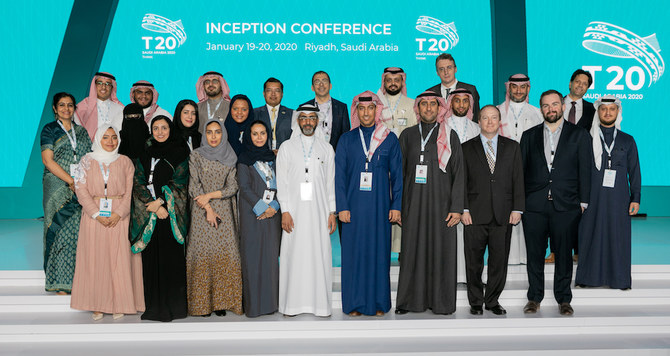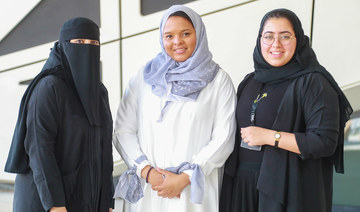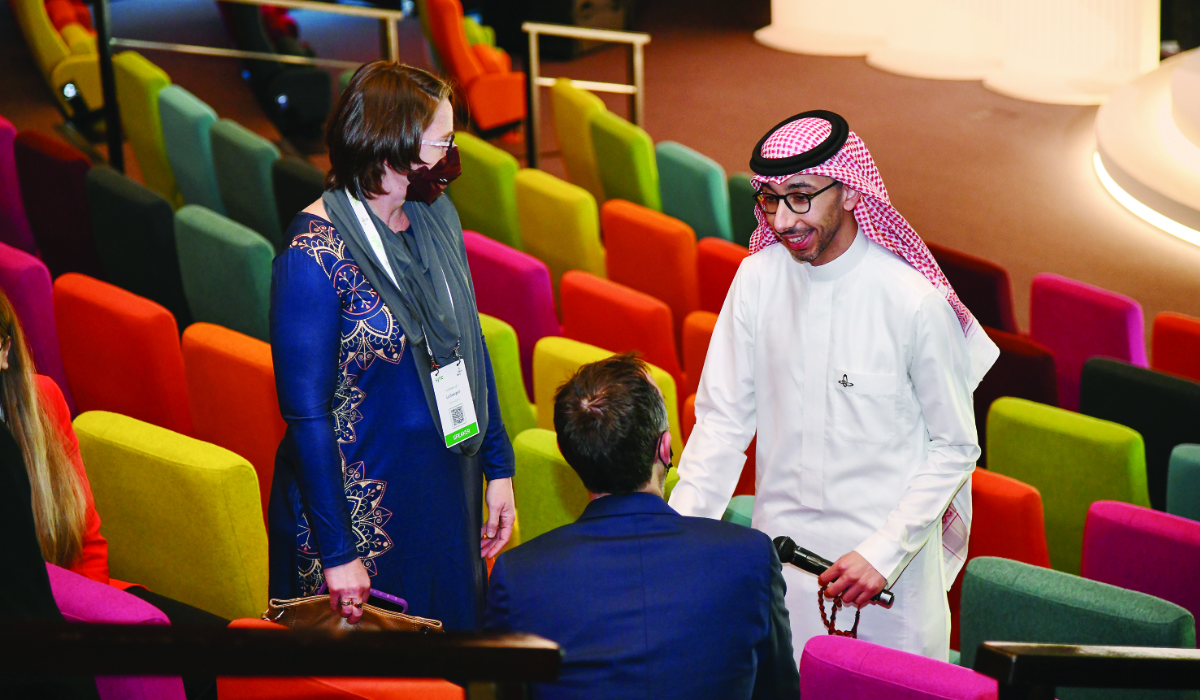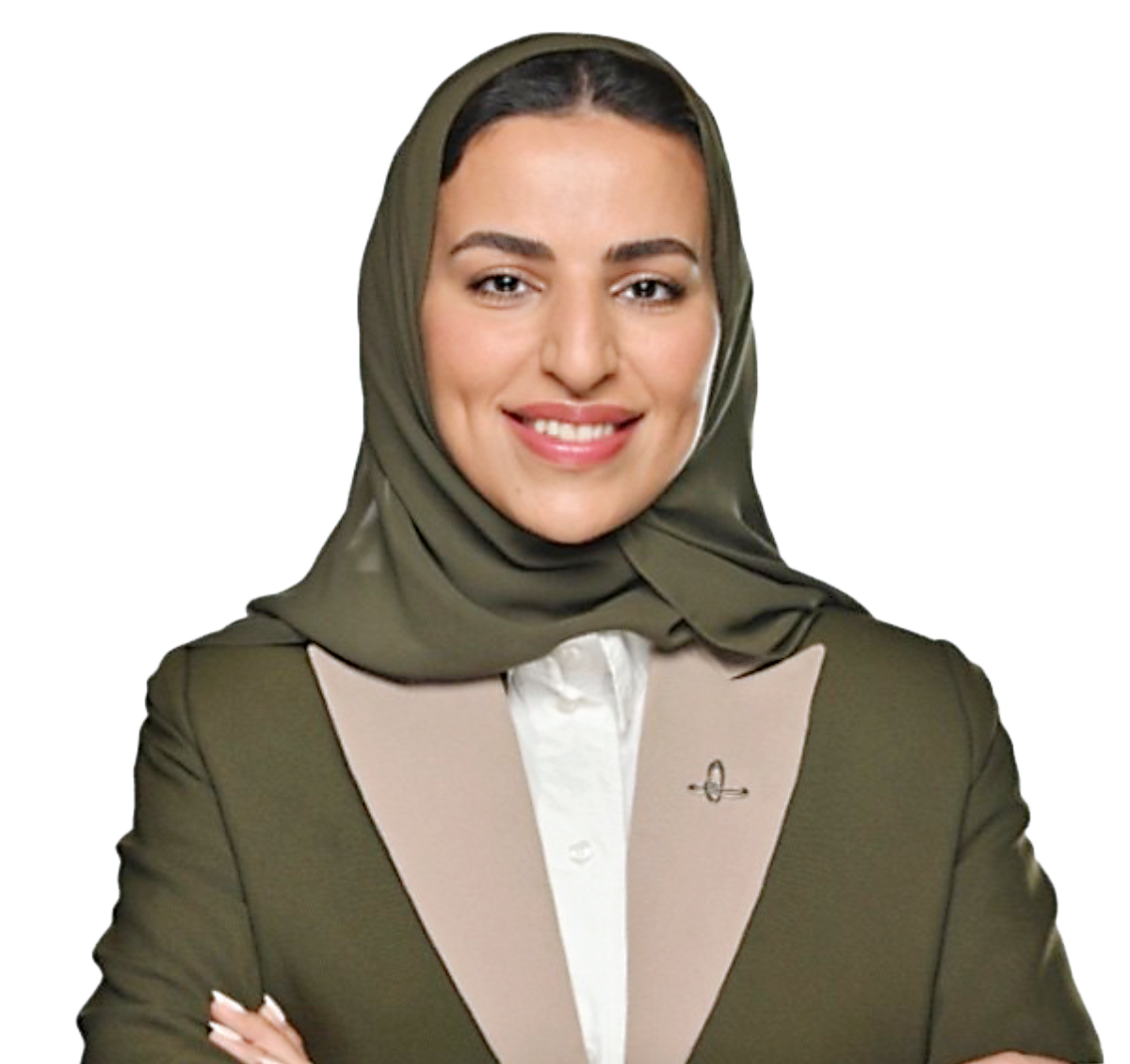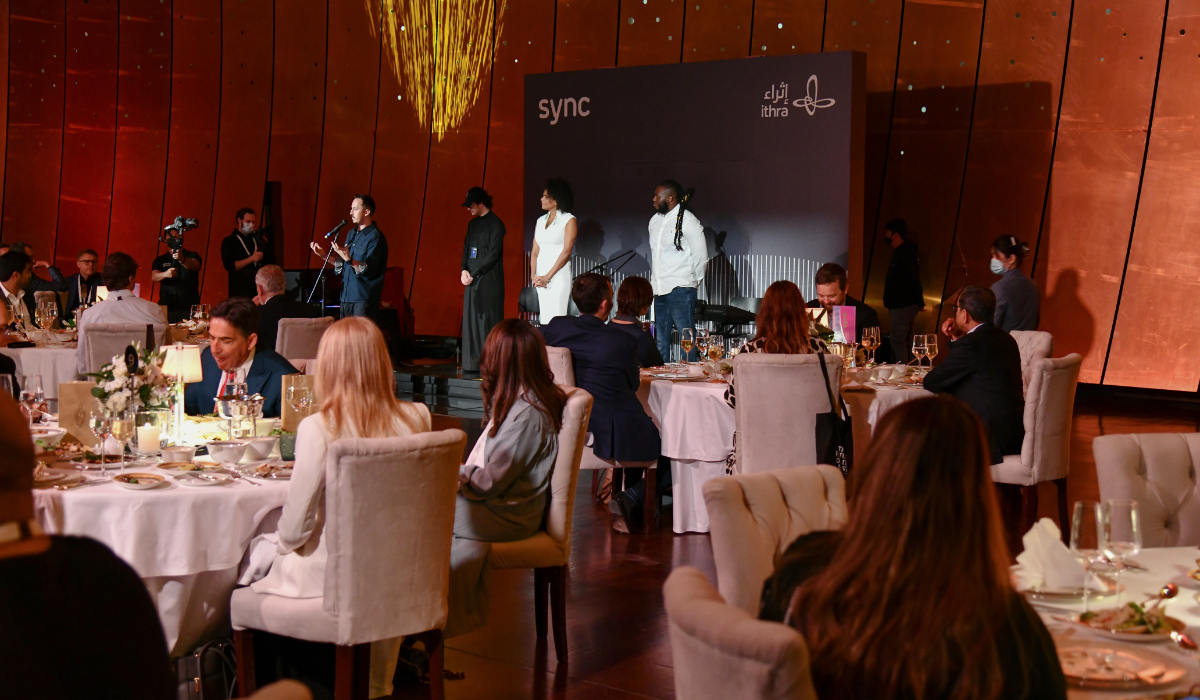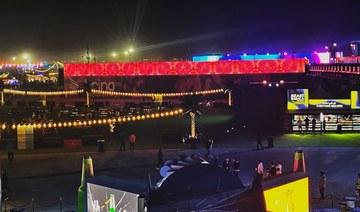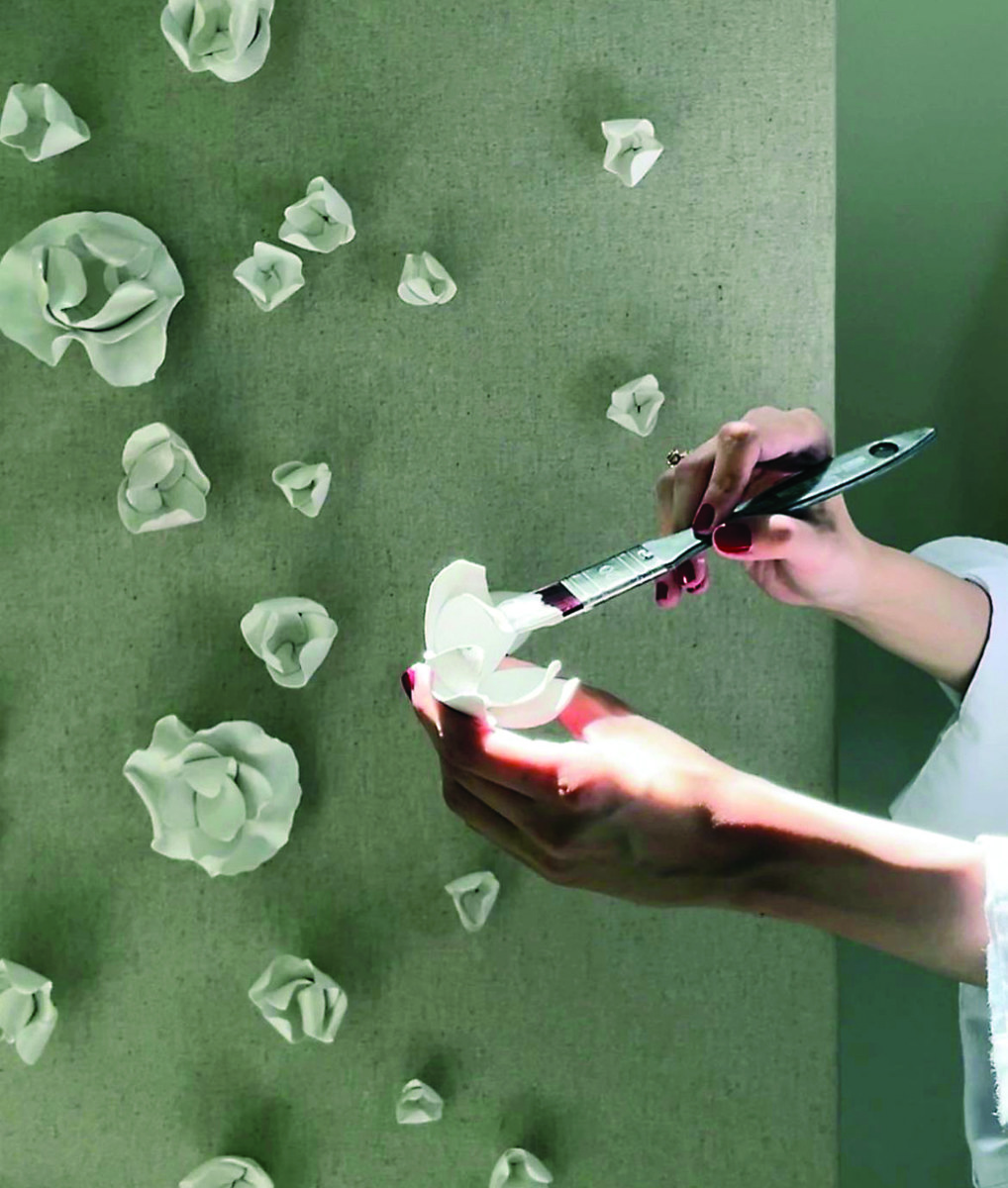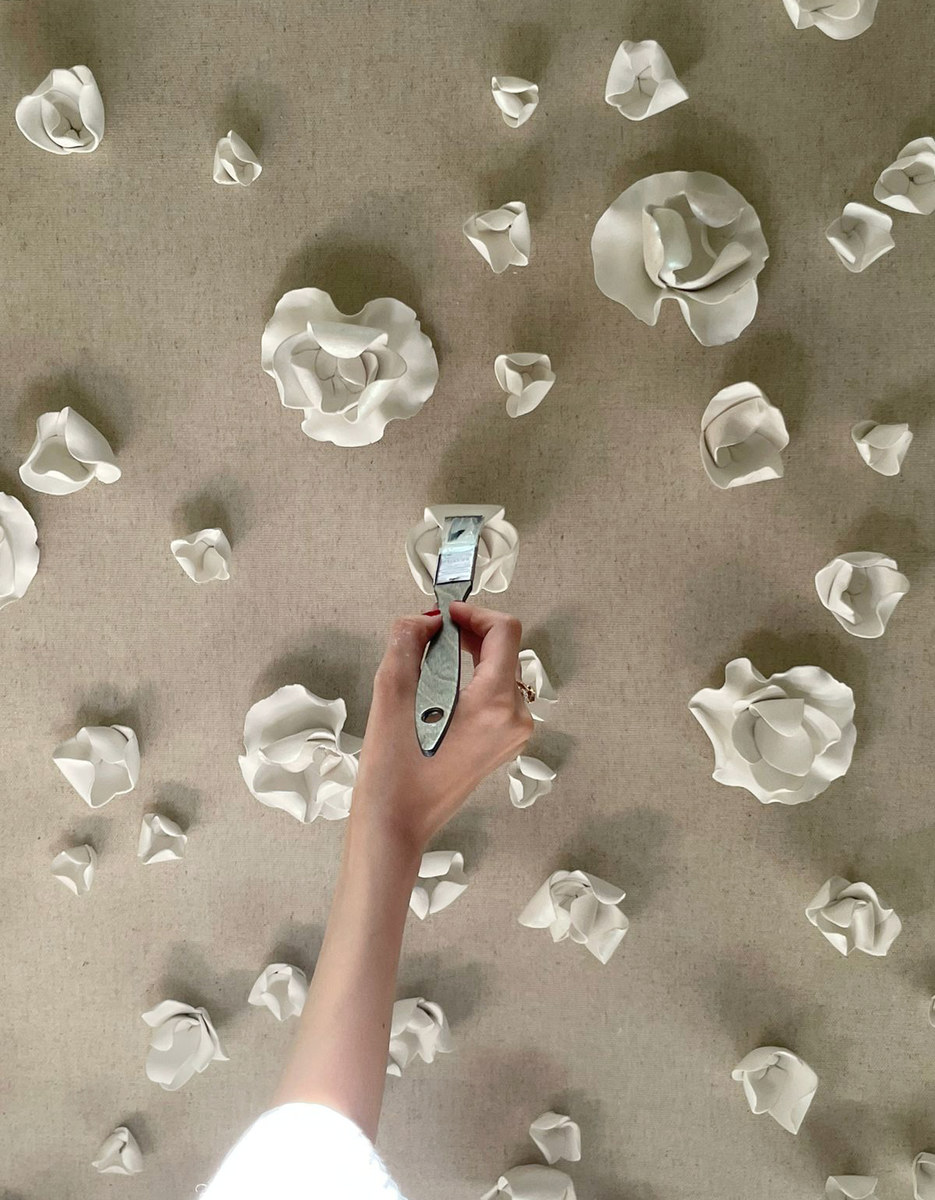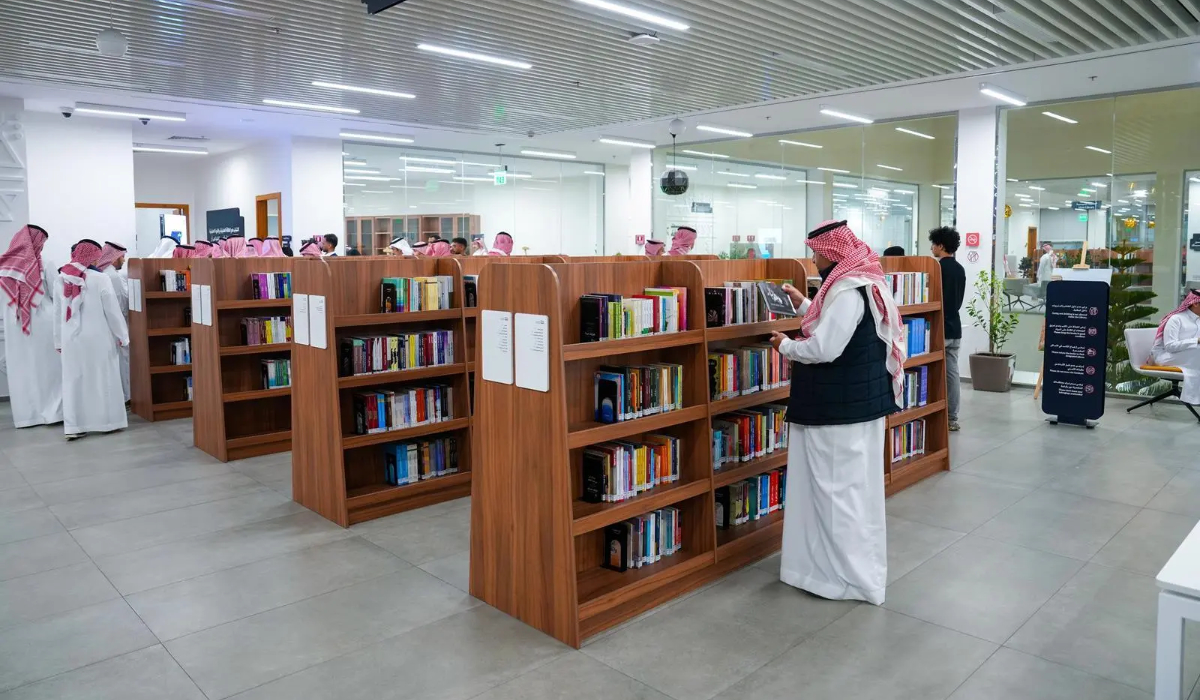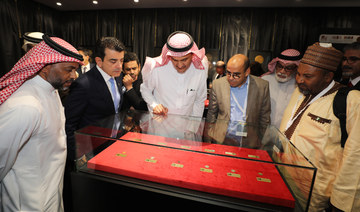RIYADH: This year, 11 workers at two Saudi research centers, backed by an army of researchers, took on the daunting challenge of delivering results that meet the high expectations for the G20’s “ideas bank” — and their work is almost done.
Saudi Arabia holds the presidency of the G20 this year, and the group’s annual summit is due to be held in Riyadh in November.
The Think 20 (T20) is one of its independent engagement groups, led by organizations from the host country, which focus on different sections and sectors of society. Considered the G20’s intellectual backbone, it connects and collaborates with think tanks from around the world to develop fact-based policy briefs that contain recommendations for ways to tackle a number of important global issues.
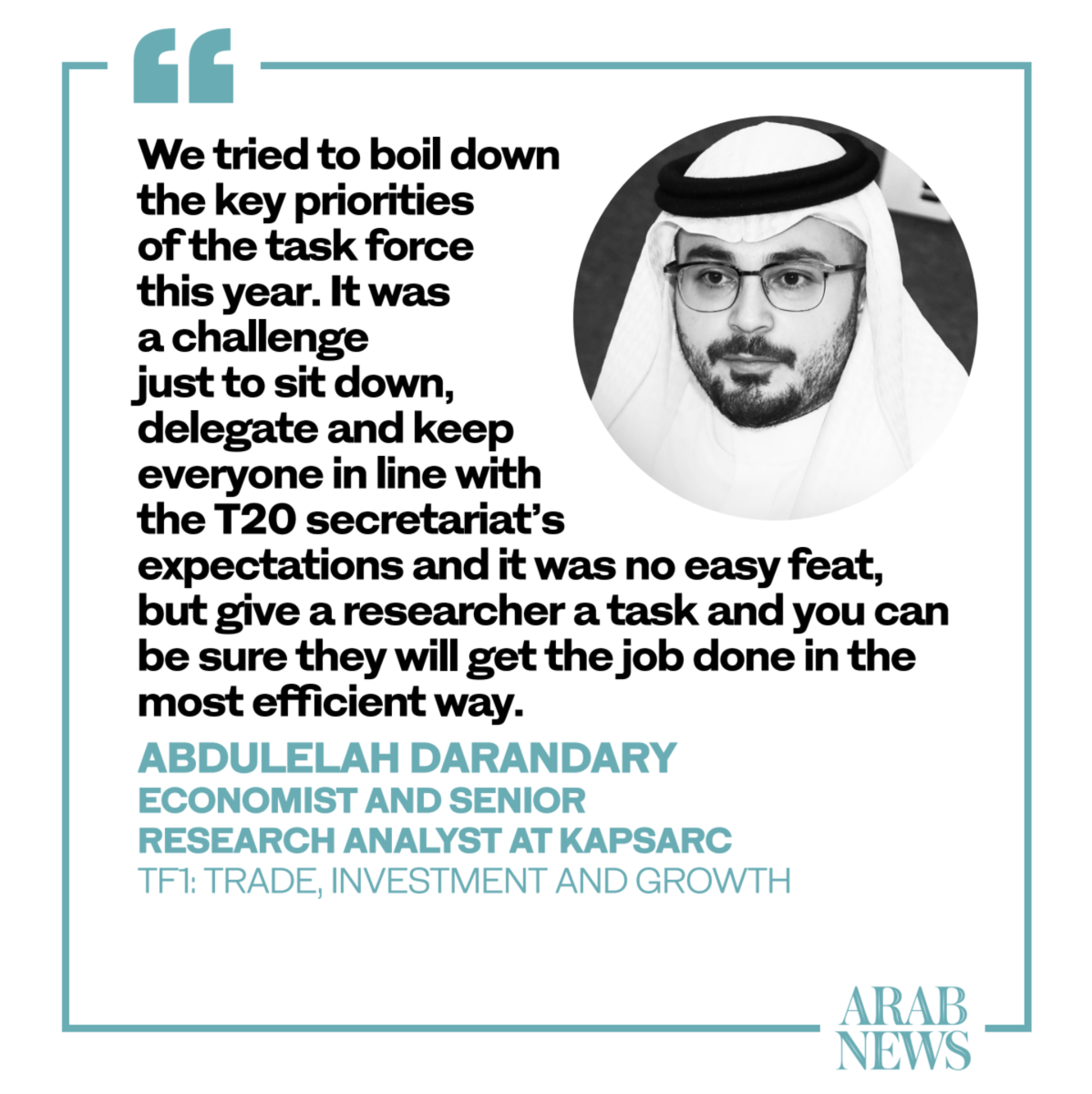
This year’s T20 is jointly led by the King Abdullah Petroleum Studies and Research Center (KAPSARC) and the King Faisal Center for Research and Islamic Studies (KFCRIS).
It has adopted some key policy recommendations developed last year, when Japan held the presidency, and developed new ones designed to address the latest global developments and issues.
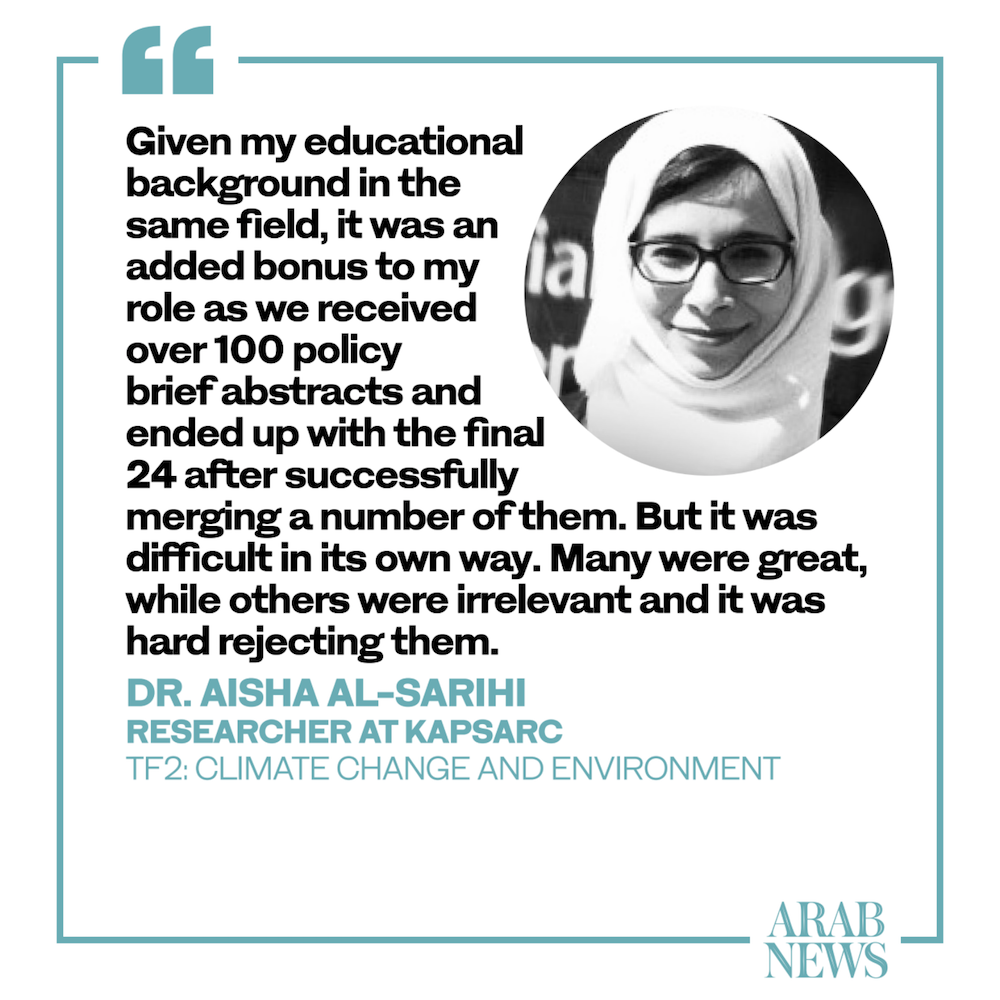
The success of this year’s T20 can, to a large extent, be attributed to the months of dedication and hard work by 11 task force coordinators, and the army of colleagues who backed them up every step of the way.
PUBLICATIONS
The T20 published 146 policy recommendations this year, compared with 104 last year. All of them were produced by a team of researchers who worked for more than a year to develop concise and fact-based recommendations.
To achieve this, the T20 set up 11 task forces. Each of them was led by a researcher, affiliated with KAPSARC or KFCRIS, who coordinated the work of authors and co-authors and the lead co-chairs, among other tasks.
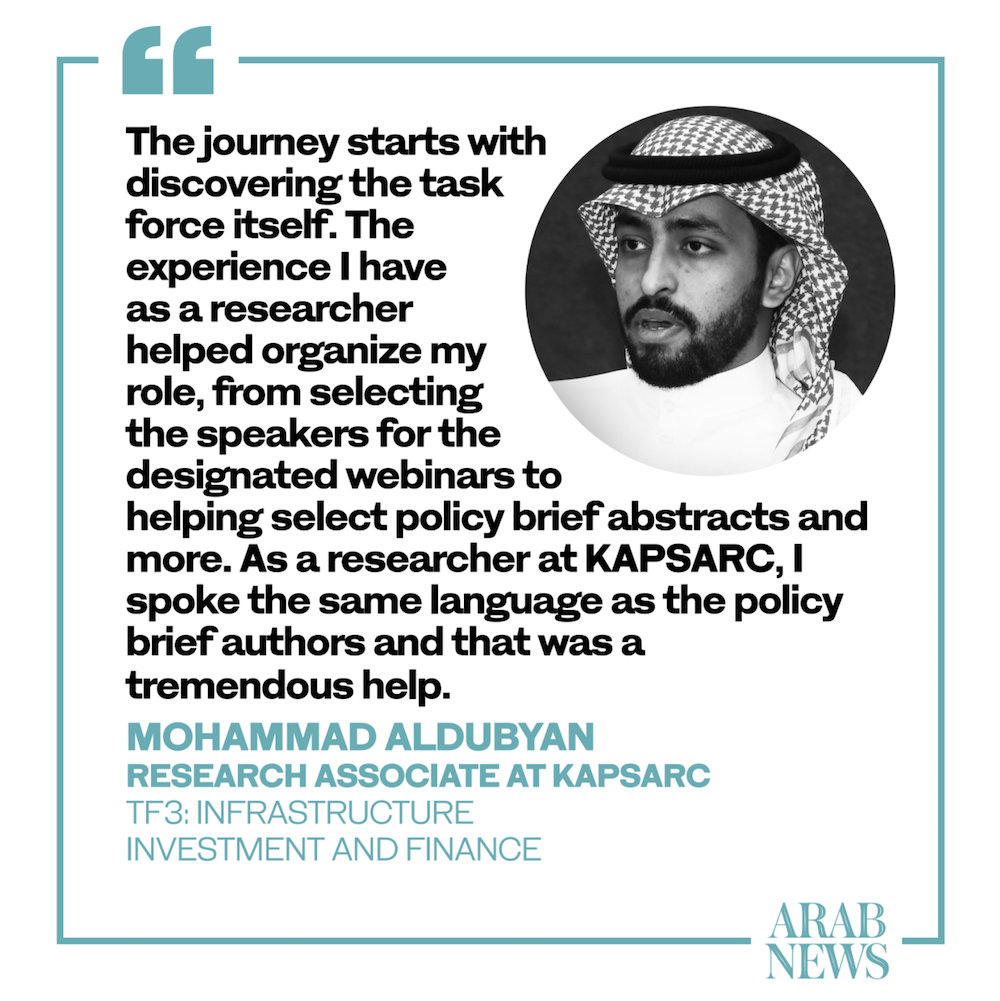
Many of the coordinators were handed responsibility for task forces covering issues that were initially unfamiliar to them, but showed great initiative and took control of the work flow in a highly professional manner. Adding to the challenge, many of the people they were working with were relatively young, with limited experience in their fields.
“It wasn’t easy for us, to have a team of juniors participate with us,” said Turki Al-Shuwaier, one of two T20 deputy sherpas. “But we believed in them. Our recruitment was very carefully done, based on character and attitude and the nature of their ambition, which helped a lot.”
Each member displayed the initiative that was needed to create change, he added, and worked very hard to achieve their goals, even when faced with initial problems due to lack of experience.
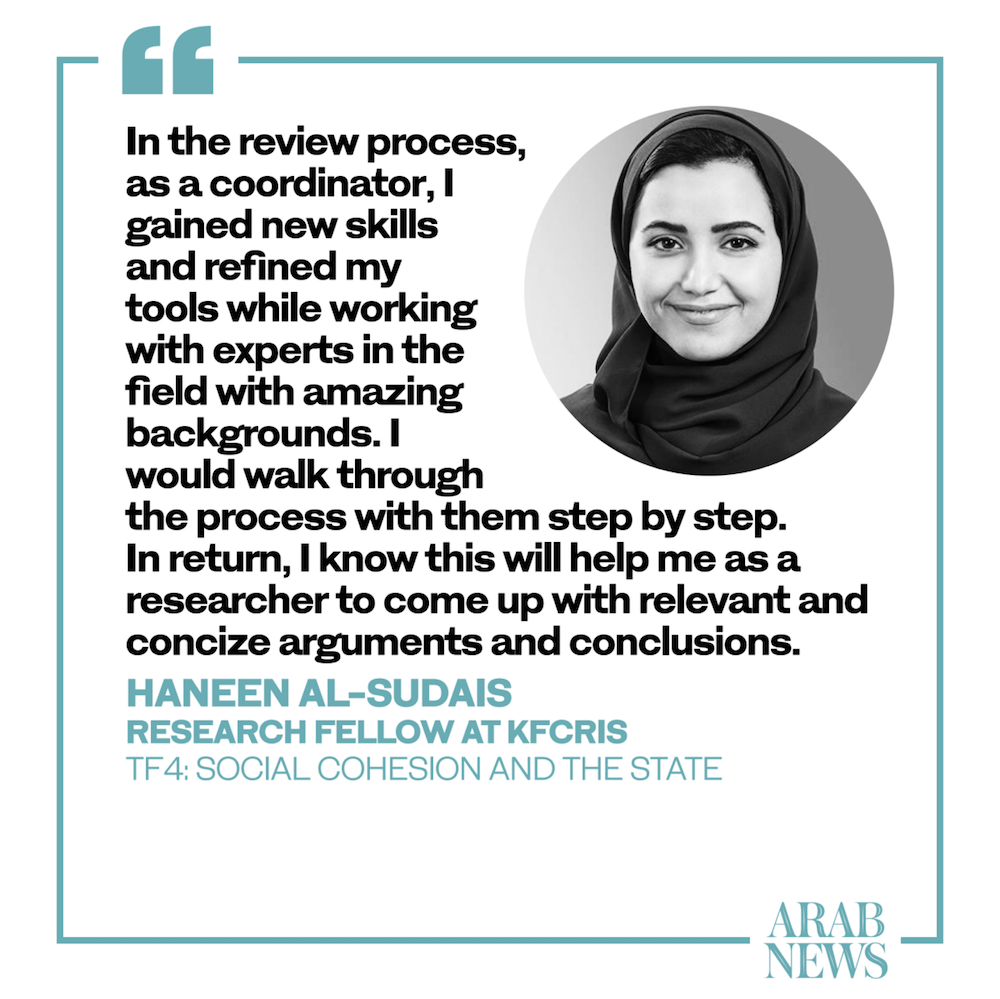
“Communication was done the right way and we were able to solve our problems quickly that way, building a strong link with them via continually updated tools, weekly communiques and so on,” said Al-Shuwaier.
“Maybe if we’d had a team of seniors we would not have had to put in so much effort, but it has been worth it because we loved to do it.”
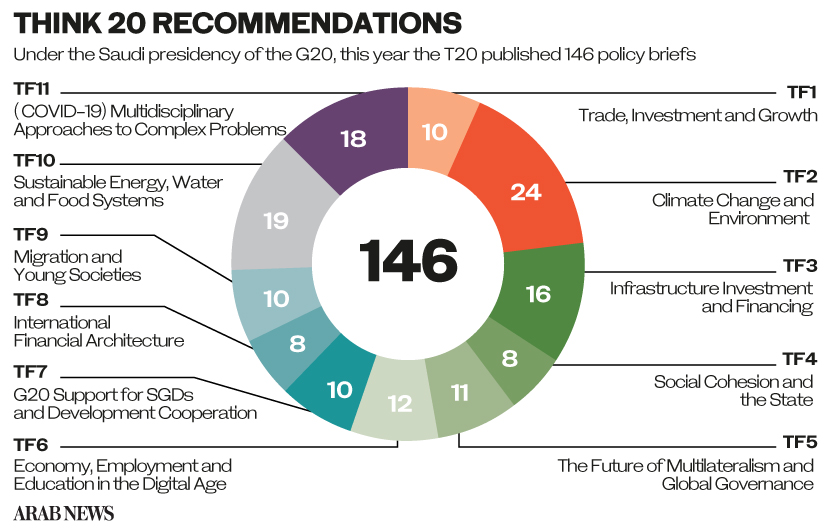
SELECTION PROCESS
When speaking to the 11 task force coordinators about their work, it becomes clear that the emphasis placed on good communication was a key to the success of the endeavor. They worked across time zones to connect with hundreds of authors and co-authors of the proposed policy briefs, assembling a first-class team that not only investigated the issues, but provided cohesive, universal and adaptable recommendations.
The rigor and relevance of the research are important factors in the development of effective policy briefs, said the T20’s other deputy sherpa, Brian Efird. Coordinators, policy and research experts, action-team members and other participants from KAPSARC and KFCRIS collectively managed more than 700 researchers and more than 100 think tanks worldwide, he added.
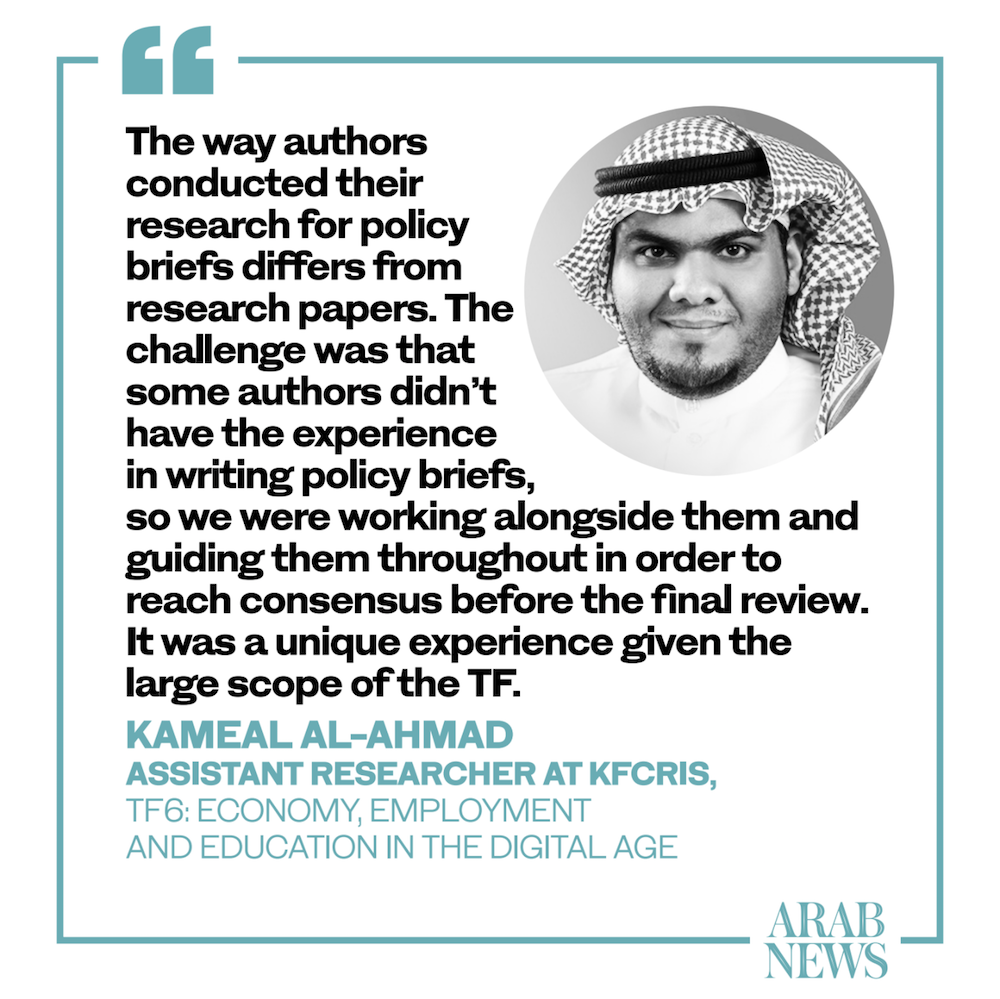
The 11 coordinators have their own areas of specialist expertise, but the focus of the task force each was assigned to was unfamiliar to them. This did not hinder them, however. With the help of task force lead co-chairs, each coordinator rose to the occasion, overcoming communication problems, linguistic issues and other challenges along the way.
Emere Hatipoglu, a research fellow at KAPSARC and a member of the T20 action team, said that most of the hard work was done by the junior members. With help from the action team, he added, the coordinators reviewed many proposals to “up the quality of the peer reviews.”
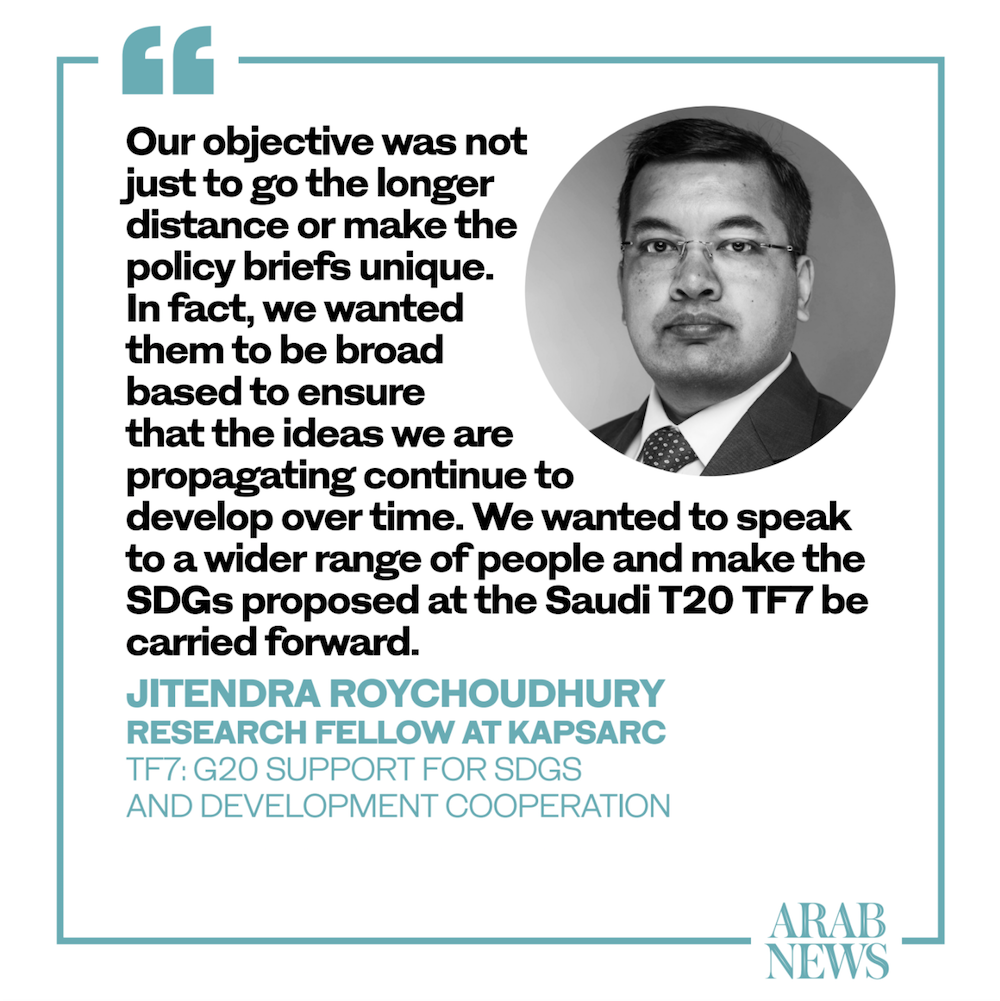
COVID-19
When the World Health Organization declared the novel coronavirus outbreak had become a pandemic in March, the T20 coordinators rose to the additional challenges this created by working with their authors to ensure the effects and implications of the pandemic were reflected in the proposed policy briefs, so that they would fully meet the expectations of the T20 secretariat.
The coordinators described the rapidly evolving situation they found themselves in as challenging, hectic, dire and, ultimately, fruitful. Ensuring that their work took into account the effects of the COVID-19 crisis proved to be an invigorating experience that encouraged them to push their own limits and learn new skills to meet the demands placed upon them.
The number of proposals they came up with grew along the way, and a series of online meetings were organized while many nations, including Saudi Arabia, were in lockdown.
As one coordinator said: “Give a researcher a task and you can be sure they’ll get the job done in the most efficient way.”
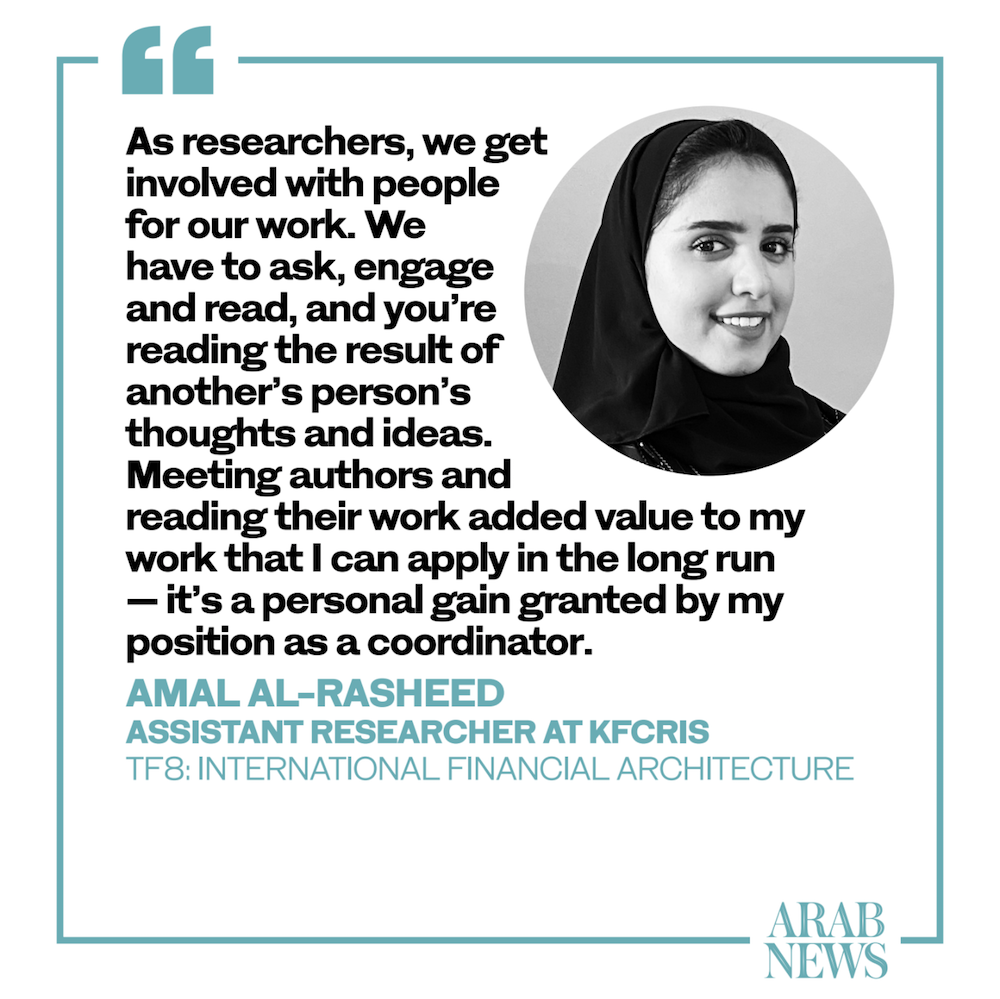
Still, the coordinators often found themselves faced with problems they could never have imagined before the pandemic. Simply getting in touch with their authors was suddenly a challenge, as some were infected by the virus and others found themselves stuck in COVID-19 hotspots in Europe.
The coordinators were obligated to be sensitive and help their team members in whatever ways they could, while also trying to ensure the work continued to push forward.
“Transitioning from physical events to virtual ones was a sign of maturity,” said Efird. “To manage this huge process by rewriting the plan in the middle of (the pandemic was) nice to see.”
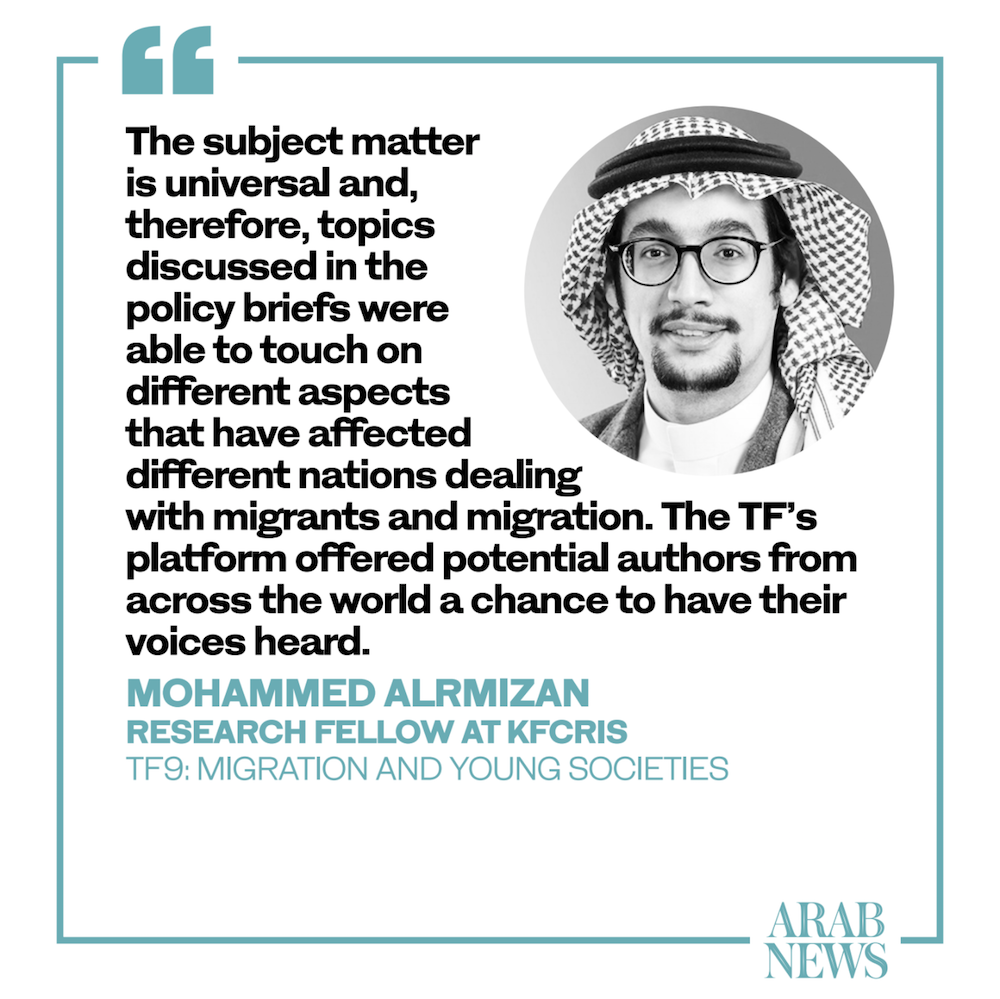
DELIVERABLES
With the help of their policy and research teams, the coordinators were able to arrange discussions covering a wide range of topics, coach authors throughout the process and ensure that the proposed policy briefs delivered long and short-term solutions. Eventually each task force settled on a final list of recommendations, ahead of the T20 Summit on Oct. 31 and Nov 1.
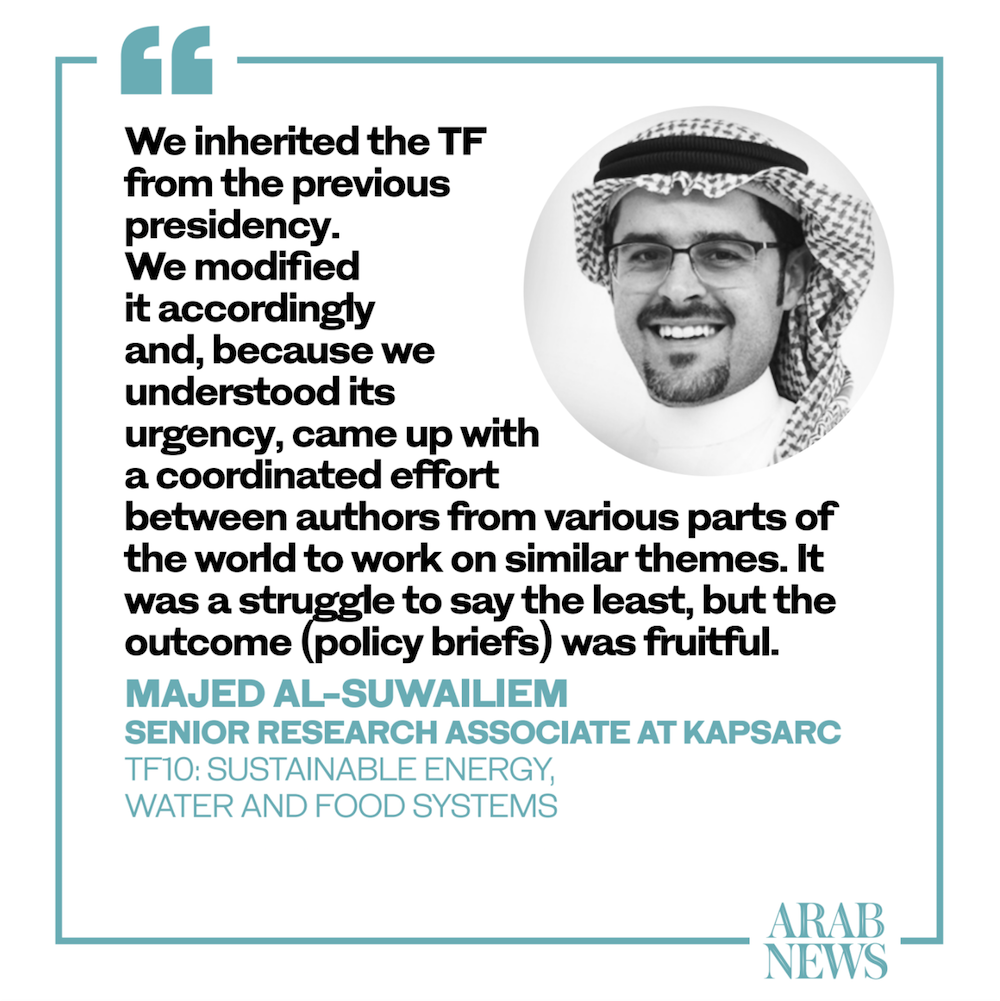
Because the coordinators are also researchers, they had the general skills they needed to select speakers for webinars, choose abstracts and carry out the other tasks required of them. As one coordinator put it: “I spoke the same language as the authors of the policy briefs.”
Faris Al-Sulayman, a KFCRIS research fellow and member of the T20’s Policy and Research Committee said: “A set of criteria was established from the very beginning. Each topic was relevant to the task force themes and went through a rigorous process.
“The team effort made it easier and more concise. Even as we became used to working remotely, it served as beneficial to the process.”
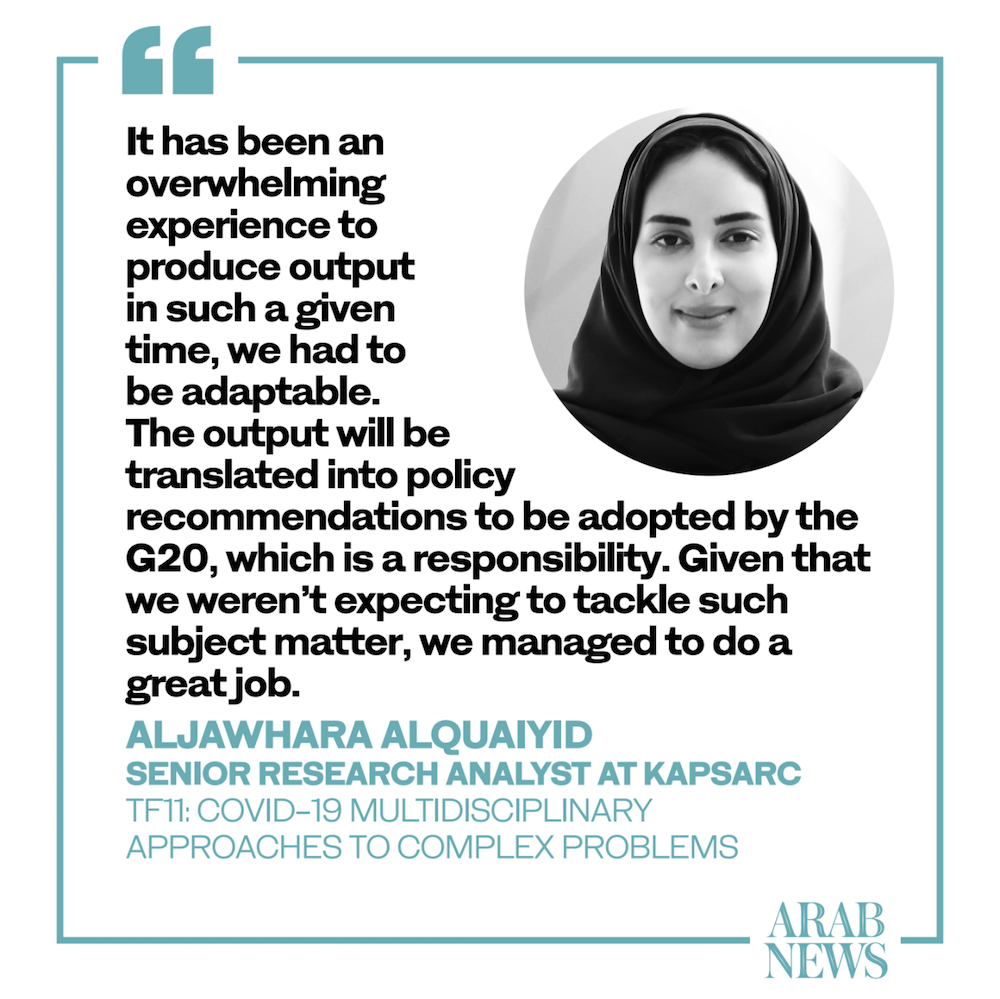
The coordinators were able to systematically address all problems that arose, thanks to the expertise they had developed working at KAPSARC and KFCRIS, according Anvita Arora and Axel Pierru, who are also members of the Policy and Research Committee. The coordinators were able to get the best out of the authors by ensuring that the process was as enriching as possible for all the researchers, they added.
“Five to 10 years down the road, you’ll see that the Saudi T20 served as a critical juncture in how the T20 works,” Hatipoğlu said.




